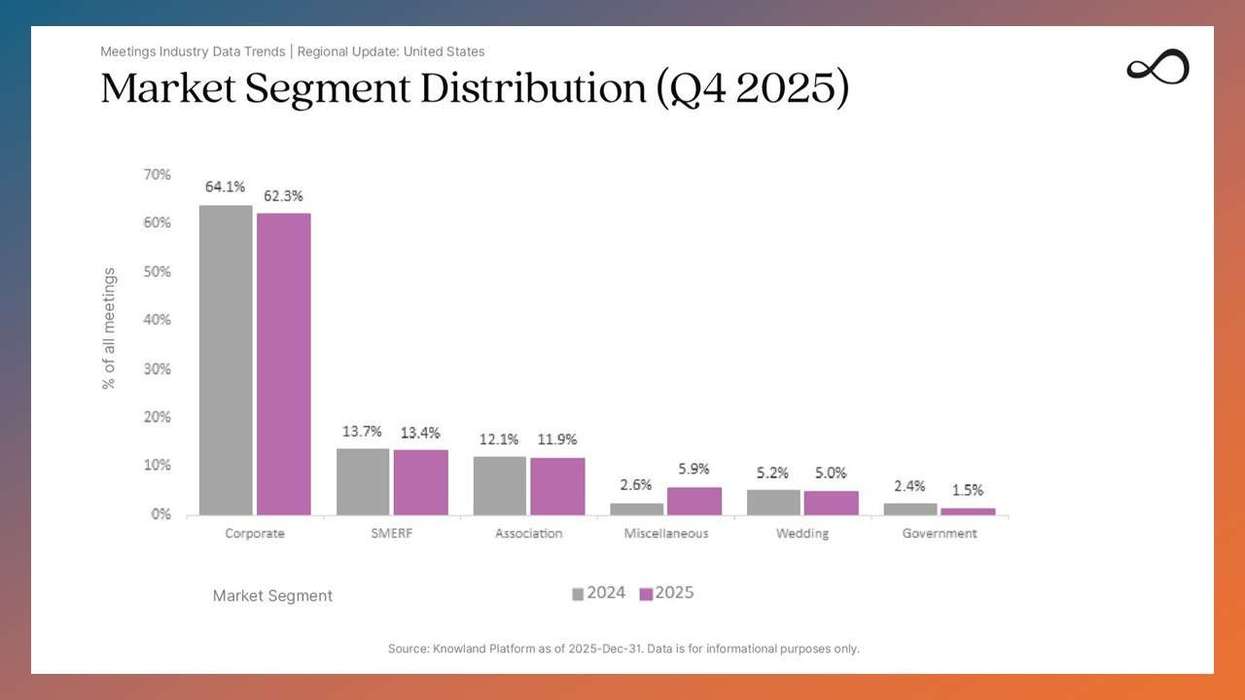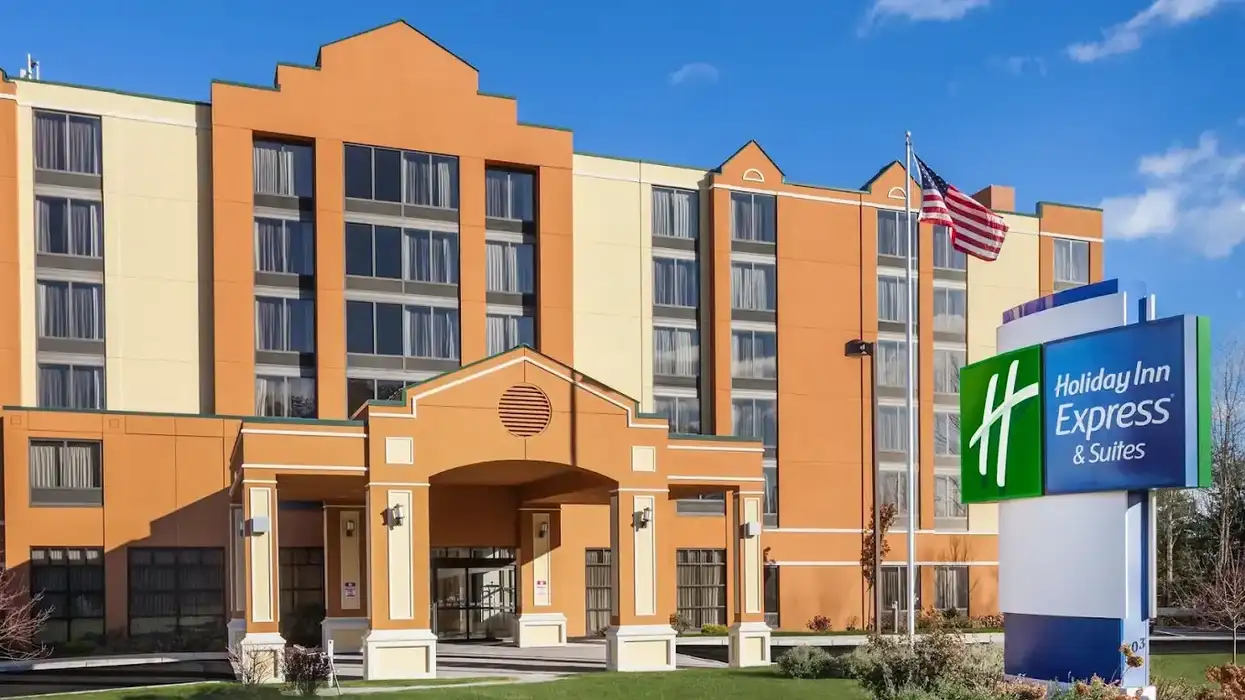ON TUESDAY, PRESIDENT Joe Biden signed the Paycheck Protection Program extension, a piece of legislation that will add two months to current round of the Small Business Administration’s COVID-19 related loan program. Several hospitality and travel industry associations have been pressing for the extension.
The extension moves the deadline for applying for PPP loans from March 31 to May 31 and gives the SBA another 30 days after that to process the applications. The bill was passed with strong bipartisan support, said Isabella Casillas Guzman, SBA administrator.
“More than 8.2 million PPP loans have provided struggling small businesses with the relief they need to keep workers employed and make ends meets during this pandemic,” Guzman said. “The SBA remains dedicated to reaching the heart and soul of the nation’s urban, rural, and low-income communities, the smallest businesses, and removing barriers to access this vital relief.”
The U.S. Travel Association has been advocating for the extension since Biden signed the $1.9 trillion American Rescue Plan Act two weeks ago that includes $7 billion for the PPP. Roger Dow, USTA president and CEO, said in a statement that the extension was essential to help travel and hotel businesses survive the pandemic created economic downturn.
“The travel and tourism sector accounts for a staggering 65 percent of all U.S. jobs lost to the pandemic in 2020, and it is very unclear when travel demand will be able to fully rebound on its own. While the outlook has improved for domestic leisure travel, businesses can’t overcome the huge losses they have suffered without the return of business travel and professional meetings and events, as well as international travel, which will significantly lag the rest of the market,” Dow said. “Travel employers still desperately need access to the PPP and this progress will save American jobs.”
AAHOA also supported the extension, calling the PPP a lifeline for struggling hotel owners.
“The changes ushered in by the Biden administration last month will make it easier for hoteliers to apply for and use these loans as the nation works towards economic recovery. Today’s extension will allow small businesses more time to take advantage of this vital economic lifeline,” said Cecil Staton, AAHOA president and CEO. “The hotel industry is not expected to fully recover until 2024, for the recovery relies on people traveling once again. The admirable goals and timetables for vaccine distribution set forth by the Biden administration are encouraging. Extending PPP for small businesses is yet another bright spot as the nation’s entrepreneurs look towards recovery.”






